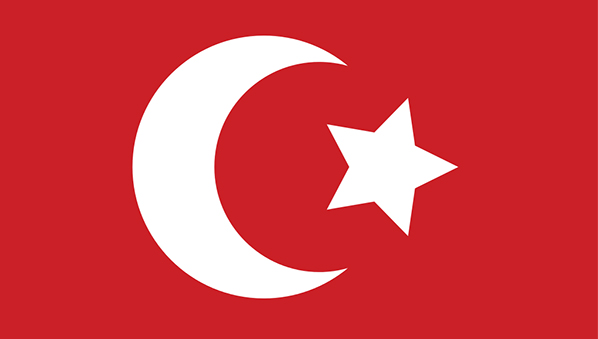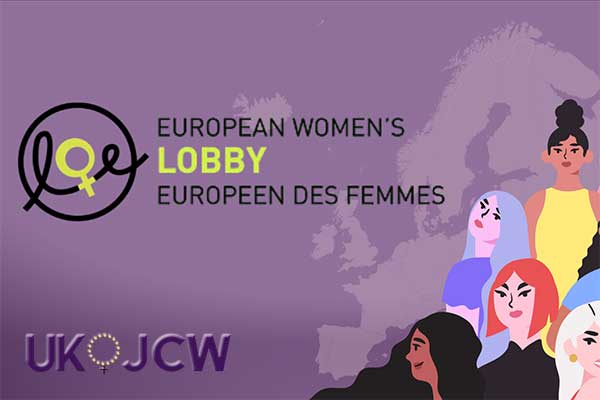
Çocuk Gelinler: “Child Brides” in Turkey
by Yoruk Bahceli
Despite Turkey’s strained relationship with the EU following the infamous Gezi Parkı protests, there still is room to talk about Turkey in relation to the EU, especially as the Justice and Development Party (AKP) gained a significant amount of support from liberals for whom accession to the EU was a priority
Following the strain between the EU and Turkey due to the protests, in a statement made in September 2013, former EU minister Egemen Bağış stated that
Turkey will probably never become a member of the European Union because of stiff opposition and “prejudiced” attitudes from current members.
While Bağış’s approach may be debatable in terms of issues such as Cyprus, Turkey is quite a distance away from EU standards. Without doubt, the most appalling of these issues is women’s rights. In this article, I will analyse one dimension in which women are abused: the marriage of children, to which I will refer as “premature marriages”.
Although the issue has persisted throughout Turkish history, it has once again come to media attention following the death of Kader Erten. Erten was married off in an unofficial Islamic ceremony at the age of 11.5, and had her first child at the age of 12.5. She cast media attention when she was found dead following the death of her second child due to premature birth.
In addition to re-raising the issue of premature marriage, the way Erten’s death was portrayed by many media outlets in Turkey caused reaction. As usual, Erten was referred to as a çocuk gelin, or küçük gelin, that is child bride or little bride in Turkish. This rhetoric may seem rather innocent or even uncontroversial at first glance. However, upon more insight, it is easy to see that such rhetoric removes the issue from the realm of pedophilia, legitimizing the practice by making it seem harmless and approvable. While ‘child’ makes the practice seem innocent, ‘bride’ makes it seem praiseworthy and desirable, in a community where marriage is a dominant norm and expected aim, especially for women.
Such a stance has been supported in official discourse. When discussing the case of Erten, the newly-appointed Minister of Family and Social Policy Ayşenur İslam claimed that “nobody marries of their child with the aim of doing harm. Most of the marriages are innocent.” These words should not come as a surprise, for they were uttered by the minister of a government that changed the name of the ‘Ministry of Women and Family Affairs’ to the ‘Ministry of Family and Social Policy’, and closed down the Women’s Commission in parliament, replacing it with a ‘Family Commission’. These acts clearly show that the Erdoğan government prioritizes the family over women as individuals.
The main problem that leads to premature marriages is this very mentality itself: that the family is prioritized over women as individuals. According to the 16th article of the United Nations Declaration of Human Rights:
Marriage shall be entered into only with the free and full consent of the intending spouses.
It is clear that children are not able to consent “freely” and “fully” when they are married, due to their undeveloped capacities, both in the mental and in the sexual sense. However, because girls, neither as children nor as future women, are not perceived primarily as individuals, this is not a prioritized concern.
However, for further insight, we must look at the particular way in which the Erdoğan government has encouraged the practice beyond discourse:
Firstly, the government, as Family and Social Policy Minister İslam has admitted, has failed to implement the laws that already deem child marriage illegal. While twelve years of education is mandatory in Turkey, the state simply does not ensure that all children are enrolled in school and complete their mandatory education.
Furthermore, the government has encouraged premature marriages by maintaining the Turkish Civil Code as it is. The code still states that both women and men are permitted to marry at age seventeen, and in the case of an extraordinary situation, they may marry at age sixteen with the consent of a judge, after the judge has listened to the child and his/her parents when possible. However, it is obvious that, and has often been commented that judges misuse this power easily granting permission for sixteen year-olds to marry.
Finally, as the majority of premature marriages are conducted as unofficial, religious ceremonies, the Presidency of Religious Affairs, which is responsible for religious services in Turkey, should have taken care to monitor those Imams that conducted religious marriage ceremonies where an official marriage was not in place. This must be done as it is illegal to conduct Islamic marriage ceremonies for couples who are not married officially.
The government has also directly encouraged premature marriages through its recent revision of education regulations. Previously, married students were unable to register to high schools, and those who got married while in education would get expelled. However, the clause expelling those who marry has been removed, adding that they will automatically be registered onto a distant learning program. The reasoning behind the ammendment appears to be the fact that 460,000 of the 6 million children between ages fifteen and nineteen in Turkey are currently married. However, this is clearly a way of legitimizing these marriages, and finding a solution to adapt them to the current educational system, as opposed to tackling the marriage issue itself.
As has been said in relation to other human rights violations in Turkey, the EU has continued to praise a government that has not only failed, but actively encouraged violations since its election in 2002. The EU has mainly focused on the changes made to Turkey’s judicial system, and human-rights, but only in a superficial, macro sense, through a vague focus that has mainly covered Kurdish minority rights and social and political rights for those who have been constrained due to their Islamist identities.
If the EU truly aims for Turkey to meet the contemporary human rights standards expected of a democratic state, the EU will have to start asking micro-level questions about not only how state, but also societal mentality, which most definitely affects judicial decisions, will have to be changed. In the case of premature marriages, we need to look at the kinds of measures the EU should encourage and expect from Turkey in order to change the mindset that legitimizes them.
Of course, for this to be accomplished, the EU must admit that they have made a mistake in ignoring the appalling stance that the AKP has chosen to take in terms of women’s rights, if not in many other fields.




